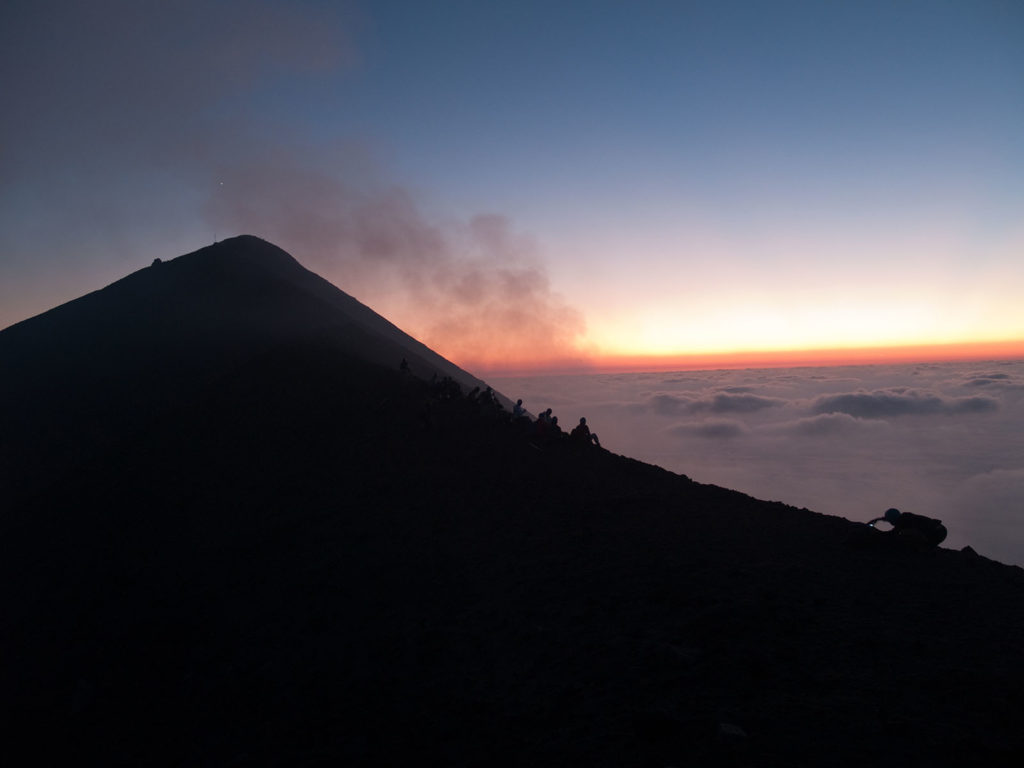The summit craters of Stromboli are at an altitude of around 800 metres above sea level, and are observed from the “Pizzo sopra la Fossa” (Peak above the Pit) at around 850 metres of elevation.

Access to the summit craters is regulated, and it is not possible to climb up independently. You will therefore have to contact one of the many groups of Volcanological Mountain Guides in the village of Stromboli. They will take care of you, making sure you rest at the right times and will give you appropriate advice for the climb.
Just before you get to the top, almost at sunset, the spectacle before your eyes will take your breath away. Explosions of colour from intense yellow to fiery red will stand out in the darkening sky, and the sun will set in the background between Salina, Filicudi and Alicudi. There is nothing better than beginning your evening on top of a real volcano.
The maximum stop on the Pizzo sopra la Fossa is 40 minutes, but this is more than enough to appreciate the typical “Strombolian” activity.